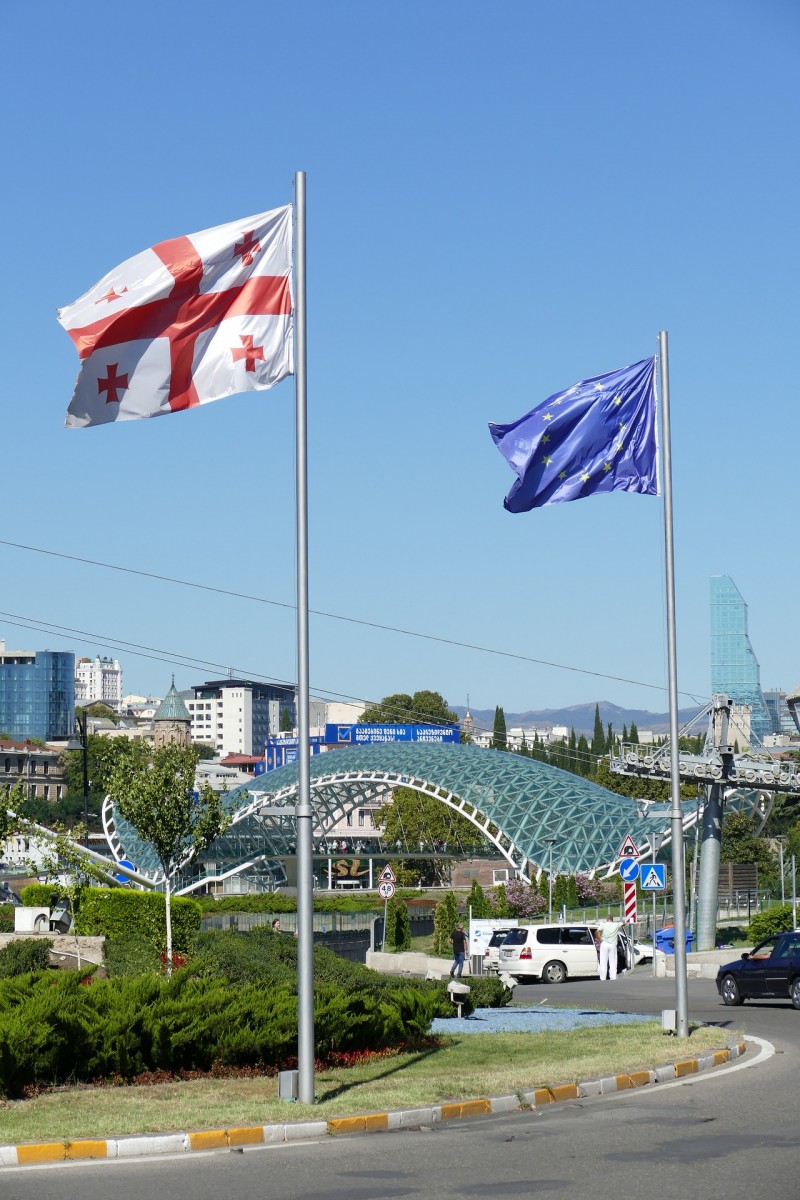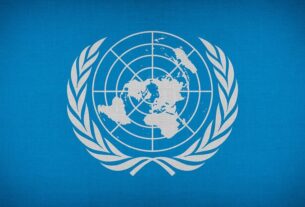Commissioner for Neighbourhood and Enlargement Olivér Várhelyi and the Prime Minister of Georgia, Giorgi Gakharia, signed two financing agreements worth €129 million to assist Georgia in coping with the COVID-19 outbreak and its impact on the country’s economy.
Commissioner Várhelyi commented: “The European Union is standing by Georgia in wake of the COVID-19 pandemic. We will continue to do everything we can to alleviate the effects of the pandemic on the lives of the people and businesses.”
The EU support mobilised for Georgia since the beginning of the crisis includes a variety of actions designed to help Georgian citizens cope with and recover from the impact of the pandemic. Support measures include medical supplies, social support to vulnerable groups, loans and grants to businesses and farmers throughout the country, and direct financial support to the state budget.
The two financing agreements signed today as part of the EU’s Covid-19 support package for Georgia, will reinforce support in key areas:
“COVID-19 Resilience Contract for Georgia”
Through a €75 million grant, the EU will support the country’s Anti-Crisis Economic Plan, designed to help citizens of Georgia recover from the impact of the pandemic. Measures include social assistance for vulnerable households and support to businesses who have retained jobs in difficult times. It also foresees to increase the number of beds in intensive care units to prepare for a potential increase in infections.
“EU4 Integrated Territorial Development” programme
The EU will support this plan with €54 million in grants targeting the economic development of regions outside the capital. In order for all citizens of Georgia to benefit from economic development, the programme will focus on local authorities and concrete actions for citizens, such as rehabilitating or constructing infrastructure in urban zones, encouraging tourism development, and supporting small and medium sized companies and innovation. The programme also includes measures to support decentralisation and involving citizens in decision-making at local level.
The two agreements are part of the EU’s response to COVID-19 under the “Team Europe” initiative and have been signed in the context of the official visit by Prime Minister Gakharia in Brussels.
Background
The Global EU response to coronavirus follows a Team Europe approach. It draws on contributions from all EU institutions and combines them with the resources mobilised by EU Member States and financial institutions, to address the humanitarian, health, and other consequences of the coronavirus pandemic. The total Team Europe global response package today is at €36.5 billion.
ec.europa.eu
pixabay











